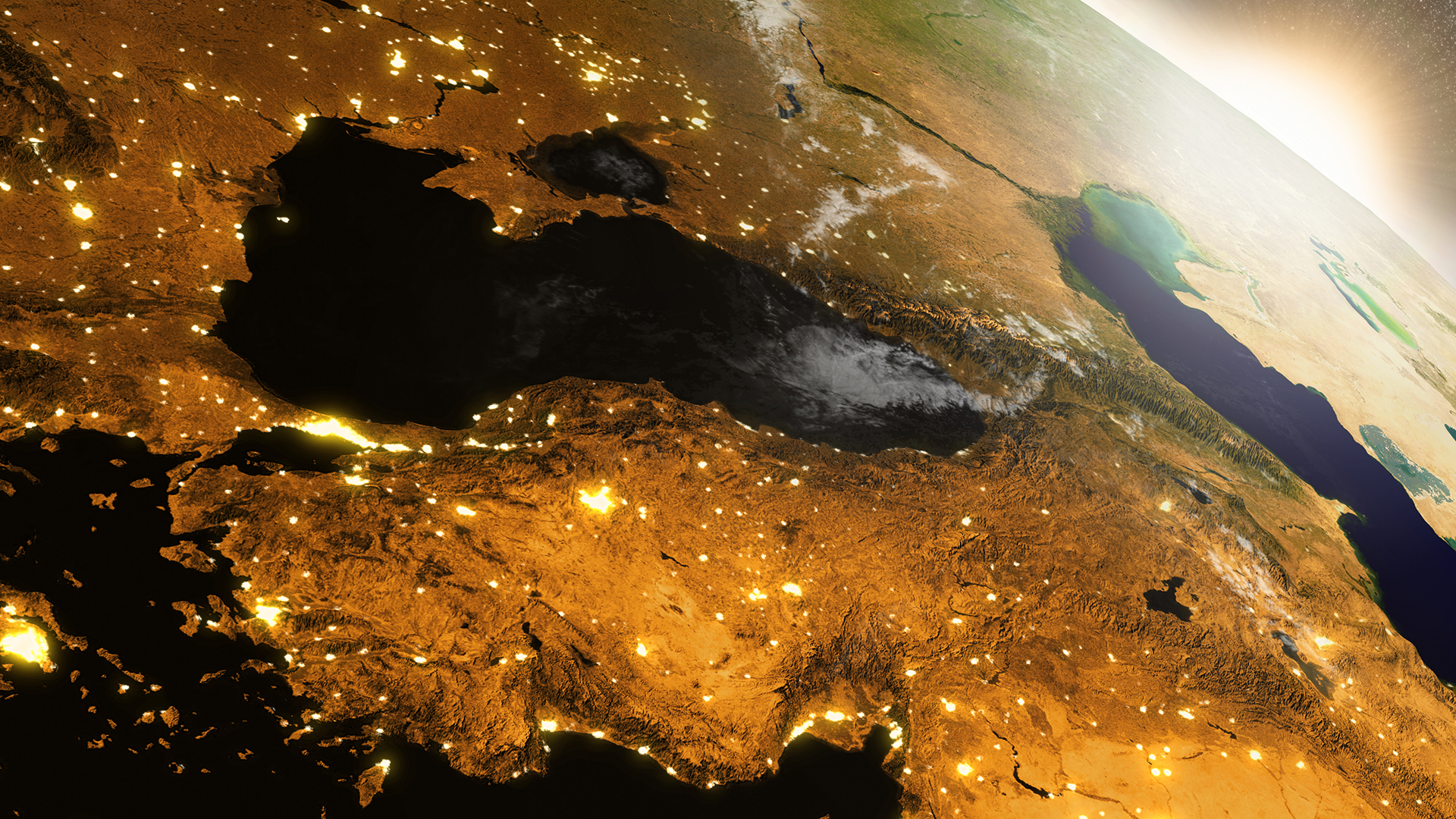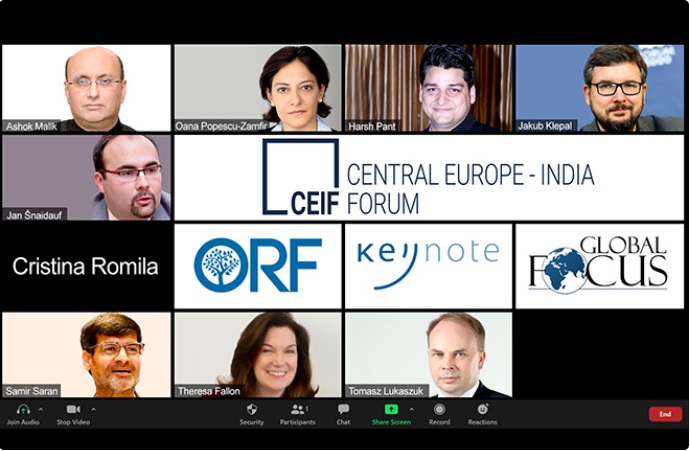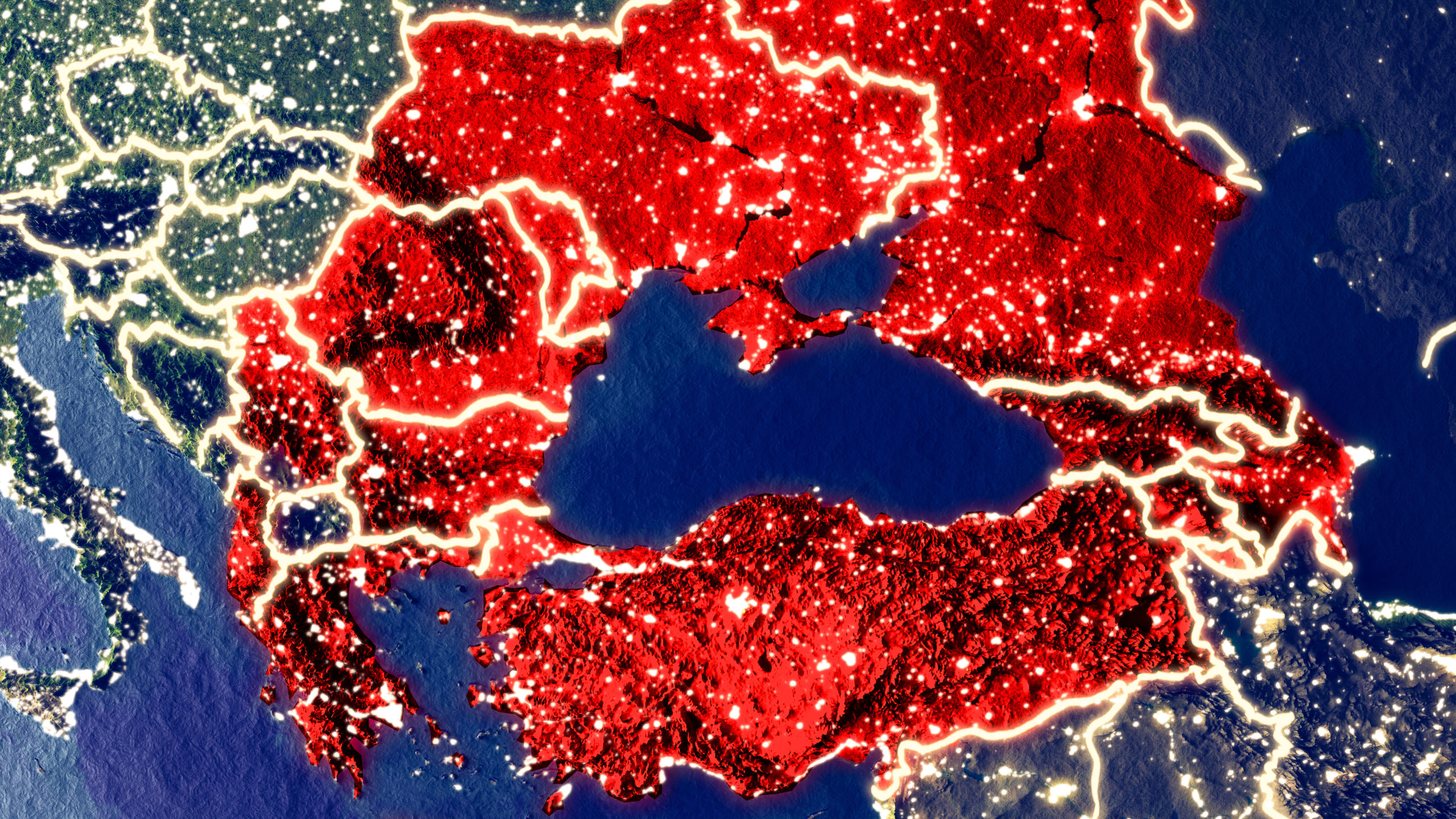The Russian invasion of Ukraine in 2022 has triggered a seismic shift in the European security landscape, compelling NATO and the European Union to reassess and adapt their strategic priorities. The designation of the Black Sea as an area of key security concern by NATO reflects the urgent need for a comprehensive response to Russia’s unprovoked aggression. While the Southeastern flank is now receiving increased attention, the Black Sea region faces challenges in achieving the same level of intra-NATO and regional security cooperation seen in the Baltic Sea.

Eastern Focus, a GlobalFocus Center research and analysis hub based in Bucharest, is launching a short-term research program (2 months) for (emerging) regional* experts. This program is a valuable opportunity for regional professionals to consolidate and publicize their work and skills, enhance their public profile and contribute to crucial debates.
* From the following countries: Albania, Armenia, Azerbaijan, Belarus, Bosnia and Herzegovina, Bulgaria, Croatia, Czech Republic, Estonia, Georgia, Hungary, Kosovo, Latvia, Lithuania, the Republic of Moldova, Montenegro, North Macedonia, Poland, Romania, Russia, Serbia, Slovakia, Turkey, Ukraine.
SCOPE OF THE FELLOWSHIP:
The program aims to foster in-depth research into topics of high significance for the region, where existing knowledge needs to keep pace with the dynamic, fast-evolving realities on the ground. The four priority domains are:
- Reassessing the future relationship with Russia;
- Seeking independence from China;
- The next generation Turkey;
- The Black Sea and the Eastern Mediterranean: a microcosm of great-power competition
Selected fellows will be able to choose their own focus and approach to one of the four topics. They will receive a USD 1,000 stipend to support their work (desktop research, monitoring of latest trends, and interviews with relevant stakeholders) and will benefit from the resources and guidance of the distinguished network of experts of GlobalFocus Center and its partners, including one-on-one mentoring by top international specialists.
The research output will be published in Eastern Focus (www.eastern-focus.eu), a project powered by the Global Focus Center. This English-language digital quarterly and platform for analysis brings the most debated topics of the region into the spotlight and facilitates the integration of new voices and ideas in the international arena.
The fellows will be expected to write (in English) a final paper/ article of around 5,000 words to conclude their research. They will also be expected to hold an online/ offline briefing/ presentation for experts and they will be able to participate in GlobalFocus Center’s thematic activities.
ELIGIBILITY:
The ideal candidate is a Ph.D. student (preferably of International Relations, Political Science, Economy, Sociology or other related fields), or a researcher with a similar level of expertise and at least a few years’ experience, with demonstrated knowledge of one of the priority domains and proven track record (published articles, research and analysis) in their field of interest. Candidates who do not meet the above criteria are welcome to apply, so long as they can make a compelling argument for their selection. Students without a BA or entry-level, very junior researchers are not eligible. English fluency is required (writing and speaking).
HOW TO APPLY:
Submit the following to office@eastern-focus.eu:
- C.V.
- Brief research outline, max. one page (including preliminary steps, working theory and the plan towards the outcome)
- Writing samples (already published or in progress) – demonstrating research abilities on the chosen topic and/or related subjects
Deadline for applications: October 31, 2020
Fellowship timeframe: November 2020 – January 2021

With the coronavirus pandemic revealing the indisposed nature of the erstwhile stewards of the world order, middle powers are set to emerge as key determinants of the future of liberal economic interdependence. Undergirded with shared values and congruent economic systems, India and Central Europe hone a considerable degree of natural convergences.

